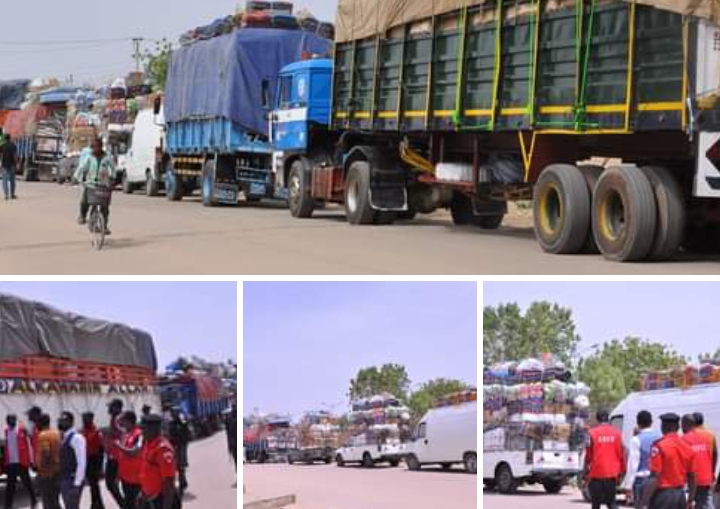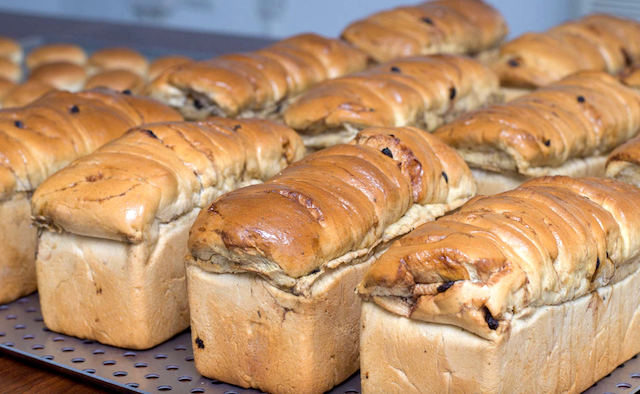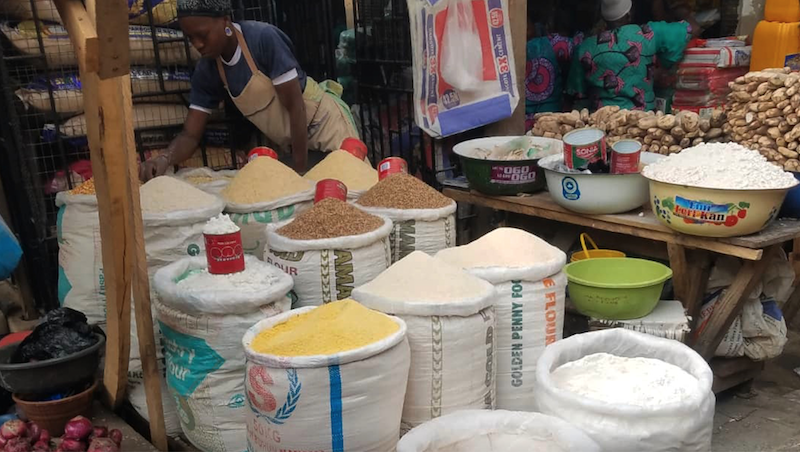The presidency believes patronage of made-in-Nigeria products is key to strengthening the naira and wants citizens to buy goods produced in the country to make that happen.
The Special Adviser on Media and Publicity to the President, Ajuri Ngelale, disclosed this in a press briefing with the State House Correspondents on Friday.
“One, His Excellency, President Bola Ahmed Tinubu wants to communicate very clearly to our people, that there has never been a more important time in our history to actively agree together,” he said.
“That we will patronize and purchase made-in-Nigeria products across all value chains across all sectors.”
He said this is one of the decisions taken by President Tinubu to ensure the continued strengthening of the Nigerian naira against other global currencies.
The President’s media aide also highlighted government interventions such as the presidential conditional grant scheme providing 1 million nano enterprises with non-repayable grants up to N50,000 and N75 billion to 75 large manufacturers employing over 1,000 Nigerians each as some of the efforts the government is making to improve the lives of Nigeria.
He said the President is doing everything he can to ensure that he steps in to ease the burden on families while also ensuring that he holds the public sector and the federal government of Nigeria accountable for prudent spending.
This he noted, is demonstrated by ensuring a drastic cut down on travel expenditures, ensuring that with the temporary ban that is being put in place from April 1 on all but unnecessary foreign travel, which will save over N5 billion per quarter.
On minimum wage, Ngelale said the President wants to bring sustainable strength to the currency before putting a new minimum wage for the workers.
He said the discussions for the minimum wage are ongoing, but what the government does not want “is a situation in which the minimum wage continues to be what it has always been in the history of our country, which is a moving goalpost.”
See the full statement below:
I’m certain that everyone seated here and indeed Nigerians at large have witnessed the seismic shifts that have taken place within the nation’s foreign exchange market over the course of the last several days and the strengthening of the Nigerian Naira against the United States dollar.
impact on not just the ability of Nigerians to you know, get effective justice in the country, but also to ensure that businesses who we are now asking around the world to invest in Nigeria have a judicial system that they can trust with respect to any litigation that could arise from business practice in the country.
The effects are huge and the President is taking a multi sectoral and comprehensive approach to ensuring that we bring prudence to government expenditure at a time when we are restructuring the economy of the Federation in such a way that sectors that are employing our people that are empowering our people are those sectors that will be able to more easily access lending both commercially and from public sector sources.
So the momentum of the Nigerian Naira and it’s strengthening. Nigerians should expect that to continue. Yes, we understand that there’s still going to be volatility to some extent, but we are seeing a lessening impact of that volatility and as we move forward with the interventions Mr. President is making in the foreign exchange market and will continue to make we will see increasing stability.
And the last point we want to emphasize is that President Bola Ahmed Tinubu while he’s dealing decisively with the issue of the spending power of every Naira and Kobo that Nigerians are earning today.
He is also ensuring that we bring a sustainable strength to the currency so that when we talk about a new minimum wage, because many of our people have asked, you know government officials about when the new minimum wage is coming in, those negotiations are ongoing. But what we do not want is a situation in which the minimum wage continues to be what it has always been in the history of our country, which is a moving goalpost.
If we do not get a firm grip on the value of our currency and it continues to be a volatile, devaluing asset, then whatever we do with the national minimum wage is going to essentially become a moot point, nullity. And so we are focused on ensuring that yes, we arrive at a new minimum wage that states can afford, and that will deal with all of the needs of Nigerian families across the country.
But we also want to ensure that what we peg it at is something that is sustainable over a number of years based on the long term, you know, stability that we want to bring to the Nigerian Naira with the interventions we’re presently making.
And this is the point that His Excellency Mr. President wants to emphatically make today.
There is stability coming to the currency, we’re getting closer to it, and when the new minimum wage comes into effect it is going to be one that will be sustained over a long period of time by a stable Nigerian Naira based on the interventions being made under his leadership.








